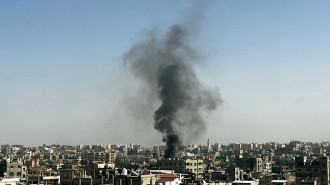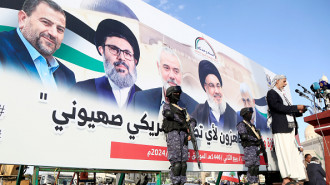IS expand reach, gain ground in the Sahel as massacres accumulate
Islamic State-linked jihadists, whose power was once thought to be waning in the Sahel, have expanded their reach recently, marking their presence with an unprecedented series of civilian massacres.
Six months ago, the Islamic State in the Greater Sahara (ISGS) appeared to be in a weakened position after losing several leaders, including its founder, Adnan Abou Walid Al-Sahraoui.
He was killed in Mali in August 2021 by France's anti-jihadist Barkhane force.
In January 2020 France had designated ISGS as its chief target in the immense and remote "three borders" area where Mali, Burkina Faso and Niger meet.
By February 2021, President Emmanuel Macron declared that ISGS "had lost its grip," while groups fighting under the rival al-Qaeda banner were said to have gained the upper hand, at least in Mali.
But Souley Oumaroum, an expert with an NGO called the Forum for Responsible Citizenship, said ISGS was very far from vanquished.
"At a time when we thought we had got rid of the 'terrorists', they were reorganising," said Oumaroum, an adviser to the former president of Niger, Mahamadou Issoufou.
France and its allies eliminated key ISGS leaders but mid-ranking commanders remained in place and took over recruitment, said Mathieu Pellerin, a French researcher specialising in the region.
An elected Malian official, speaking on condition of anonymity for security reasons, said ISGS was expanding from Gourma in Mali to the Mali-Niger border and Oudalan province in northern Burkina Faso.
This month alone, ISGS seems to have carried out operations in an area spanning hundreds of kilometres (miles).
It has fought Malian soldiers and pro-government armed groups in Anderamboukane near Mali's border with Niger to reputedly slaughtering 86 civilians in northern Burkina Faso. The group did not claim that attack in the Burkinabe village of Seytenga but the incident bore its hallmarks.
ISGS fighters also clashed this month with al-Qaeda forces in Tessit, in Mali's central region of Gao, some 370 kilometres (230 miles) west of Anderamboukane, according to local sources.
"The group is able to operate on all three fronts simultaneously," said Pellerin.
The number of civilians killed in the central Sahel in attacks attributed to extremist groups has almost doubled since 2020, a coalition of West African NGOs said in a report released on Thursday.
"Never in the Sahel has there been such a succession of massacres of civilians," a United Nations official told AFP on condition of anonymity.
The strategic landscape has changed since 2021, with France and its allies no longer at the forefront of the fight in Mali.
French forces, which have provided invaluable air support and intelligence-gathering, are in the process of leaving their last base there and reorganising their Sahel operation.
Relations between Bamako and Paris soured after the Malian junta refused to set an early date for restoring civilian rule and brought in "military instructors" that France and its allies said were mercenaries from the pro-Kremlin Wagner group.
UN Secretary General Antonio Guterres said in a recent report the French withdrawal was "likely to create a vacuum in some areas that risks being exploited by terrorist armed groups."
The withdrawal and deteriorating security in the three borders area "will have consequences for the protection of civilians," he warned in a letter to the Security Council.
The Seytenga massacre is just the latest in a string of massacres -- mostly unclaimed -- in the three borders area since last year.
Last month, President Mohamed Bazoum of Niger described his country's border with Mali as being "under the control" of ISGS.
In Mali, about 100 people were killed in March in Tamalat and around 50 died in Ouatagouna in August 2021. In Niger, 141 people were killed in Tillia in March 2021.
ISGS punishes villagers it accuses of collaborating with its enemies.
According to Ibrahim Yahya Ibrahim of the International Crisis Group (ICG) think tank, the jihadist group has also "extended its definition of apostasy to almost anyone who disagrees with it."

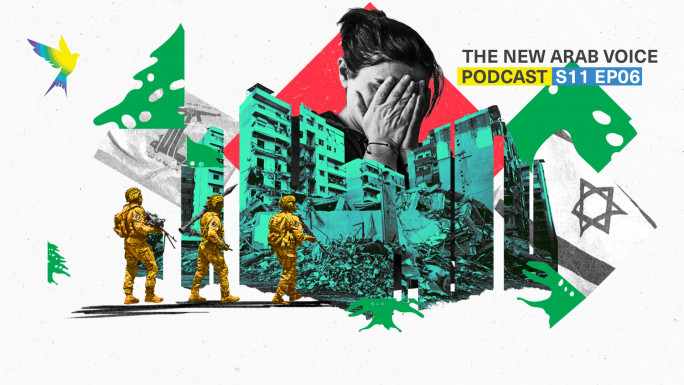
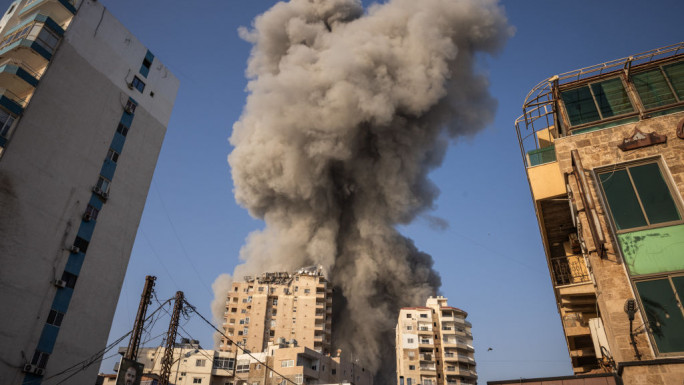
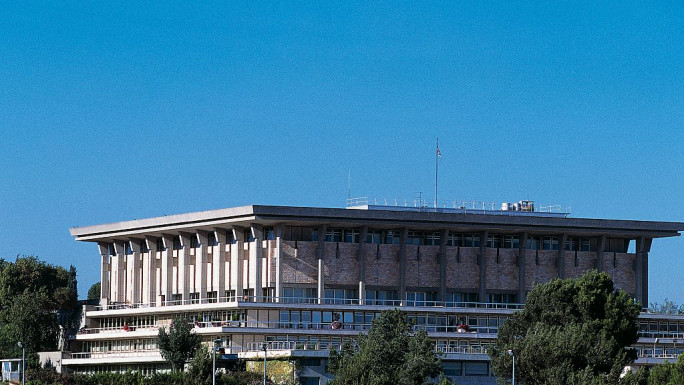
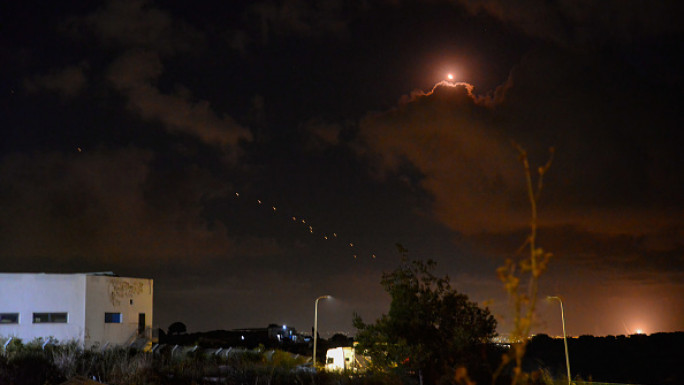
 Follow the Middle East's top stories in English at The New Arab on Google News
Follow the Middle East's top stories in English at The New Arab on Google News
![Palestinian detainees' families [Getty]](/sites/default/files/styles/image_330x185/public/1794396218.jpeg?h=a5f2f23a&itok=nESfx5RV)
